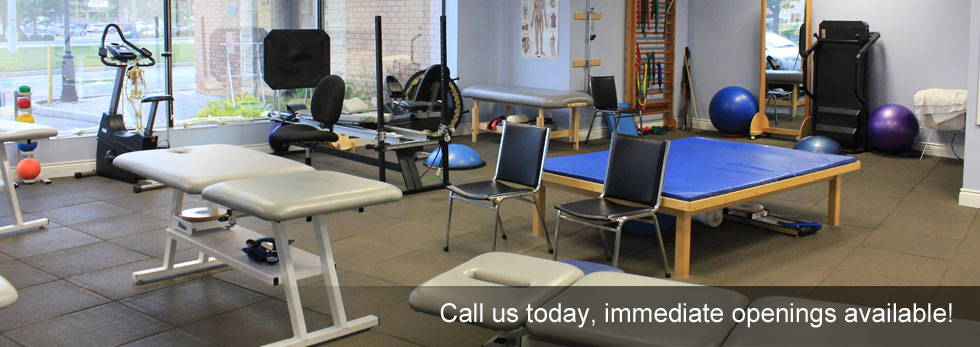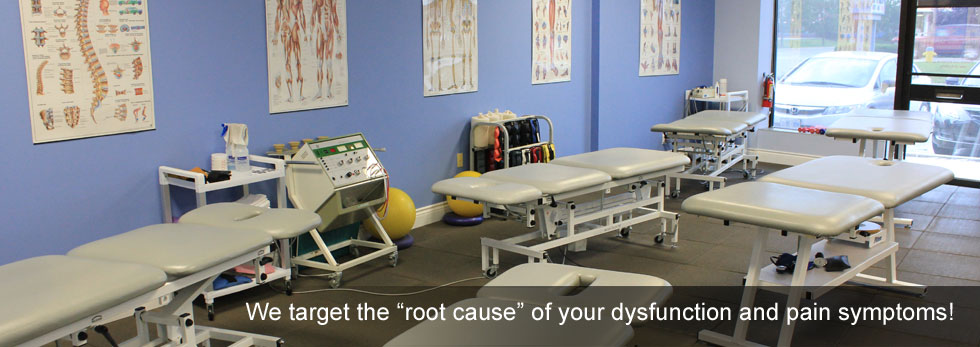Every magazine I read has the answer to low back pain. Usually, it's some kind of exercise program. But it's never the same set of exercises. Isn't there a one-exercise-fits-all kind of program for back pain?
While there is general agreement that exercise is a key factor in recovery from low back pain, the optimal type, frequency, intensity, or duration of exercise remains unknown.
The most recent trend in research is to look for subgroups of patients who respond well to one type of exercise versus another. These groups could be based on age, length of time with back pain, presence of back pain alone or back pain and leg pain, and so on.
Part of the problem in identifying exercise guidelines has been with the researchers. Studies aren't always of the highest quality, so the results can't be used to develop exercise guidelines. Some studies introduce bias without realizing it. Others may not report the results in a way that is helpful to others when reviewing the evidence.
A recent meeting of experts in the Netherlands has resulted in a call for improved design, conduct, and reporting of clinical trials. Some variables can't be changed, but there are many ways the research itself could be improved. Reducing flaws in study designs and improving the quality of research could go a long way in improving our knowledge of exercise as a treatment tool for low back pain.
Pieter H. Helmhout, MSc, et al. Exercise Therapy and Low Back Pain. In Spine. July 15, 2008. Vol. 33. No. 16. Pp. 1782-1788.

















